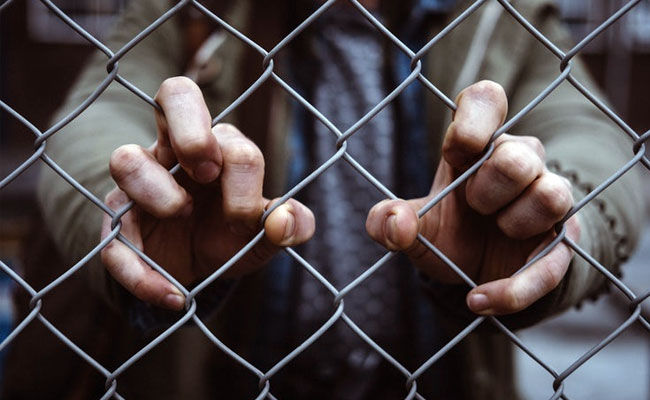Saudi Arabia has executed more than 300 people this year, a record tally based on official figures, after state media said four more people were put to death on Tuesday.
The latest executions were carried out against three people convicted of drug smuggling and another for murder, the official Saudi Press Agency reported, citing the interior ministry.
It brings the total number of executions for the year so far to 303, according to an AFP tally based on state media reports.
The Gulf monarchy had enacted the death penalty 200 times by the end of September, according to the same tally of official data, indicating a rapid rate of executions in recent weeks.
Saudi Arabia executed the third highest number of prisoners in the world in 2023 after China and Iran, according to Amnesty International.
Previously the record number of executions in a single year in the country had stood at 196 in 2022, said the London-based human rights group, which began compiling the annual figures in 1990.
Saudi Arabia carried out 170 executions in 2023, according to an AFP tally of official data.
Taha al-Hajji, legal director of the Berlin-based European Saudi Organisation for Human Rights (ESOHR), condemned the “rocket speed” of executions in 2024, calling it “incomprehensible and inexplicable”.
‘Unprecedented’
Human rights activists had previously warned Saudi Arabia could exceed 300 executions this year, with one execution being recorded almost every day.
Lina al-Hathloul, head of communications for the London-based ALQST human rights organisation, said the number of executions was “unprecedented”.
“This grim milestone shows the Saudi authorities’ flagrant disregard for the right to life and contradicts their own pledges to limit use of the death penalty,” she said.
Saudi Arabia, the world’s largest exporter of oil, has faced consistent criticism over its use of the death penalty, which rights groups have condemned as excessive and in marked contrast to the kingdom’s efforts to present a modern image to the world.
In 2022, Crown Prince Mohammed bin Salman told The Atlantic the kingdom had eliminated the death penalty with the exception extreme cases.
But the ESOHR’s Hajji said the kingdom’s de facto ruler “will address this issue and say that execution is used for the most serious crimes such as murder… but the reality and numbers do not lie and completely contradict these statements”.
Although figures before 1990 are unclear, The Washington Post reported that 63 people were beheaded in 1980 after the previous year’s seizure by Islamist militants of Islam’s holiest place, the Grand Mosque in Mecca.
Riyadh has previously said the death penalty is necessary to “maintain public order” and sentences are only carried out if “the defendants have exhausted all levels of litigation”.
Drug-related charges
This year’s executions included 103 people convicted on charges related to drug smuggling and 45 people in cases related to terrorism, according to the AFP tally including Tuesday’s announcements.
The kingdom ended a three-year moratorium on the execution of drug offenders at the end of 2022, putting 19 to death in a month.
In 2022, the United Nations said imposing the death penalty for drug crimes “contradicts international norms and standards”, calling on the Saudi authorities to “halt the implementation of death sentences for drug crimes”.
Saudi Arabia also executed 113 foreigners, another record, most of them on drug-related charges.
Saudi Arabia has carried out more than 1,000 executions since King Salman bin Abdulaziz came to power in 2015, according to a joint report by the London-based anti-death penalty organisation Reprieve and ESOHR published early last year.
Among them, 81 people were executed in a single day for terrorism convictions in March 2022, sparking widespread international condemnation.
(Except for the headline, this story has not been edited by NDTV staff and is published from a syndicated feed.)






